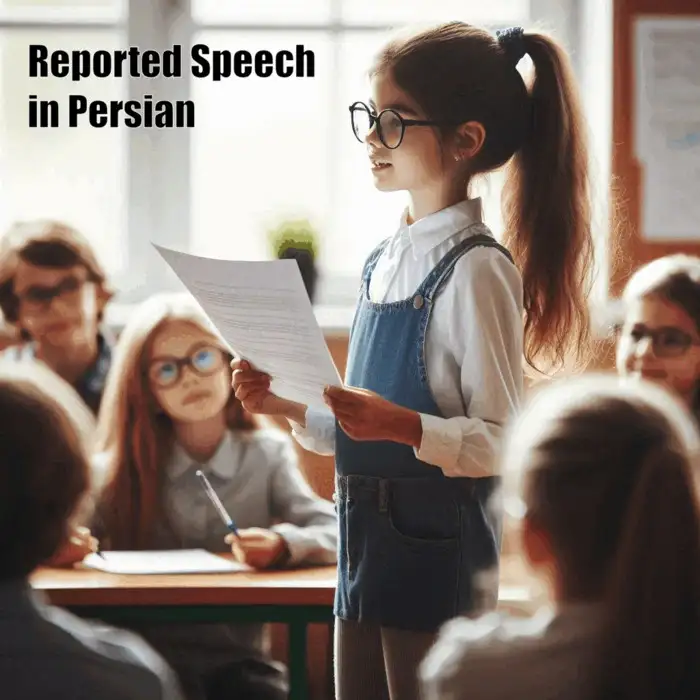Indirect Speech Indirect speech, unlike direct speech in English, is used to report what somebody has said or thought in a particular situation. Pay attention to the following examples: Watch this video about indirect speech: https://www.youtube.com/watch?v=2zEnIntFkaI&t=197s Direct speech: She said, "I'm deeply upset about the way my father treated me." Indirect speech: She said that she was deeply upset about the way her father had treated her. Reporting Verbs in English The most frequently used reporting verbs in English are: say, tell, ask, state, declare, explain, announce, mention, remark, inform, respond, reply, indicate, point out, complain, promise, notify, and the ...
Home » English Grammar Lessons with Videos » Indirect Speech | English Grammar for IELTS

Indirect Speech | English Grammar for IELTS
Updated: by Dr. Mohammad Hossein Hariri Asl
Time to Read: 3 minutes | 356 Views | No Comments on Indirect Speech | English Grammar for IELTS
Share This Post
About the Author
Dr. Mohammad Hossein Hariri Asl is an English and Persian instructor, educator, researcher, inventor, published author, blogger, SEO expert, website developer, entrepreneur, and the creator of LELB Society. He's got a PhD in TEFL (Teaching English as a Foreign Language).
Number of Posts: 4242


